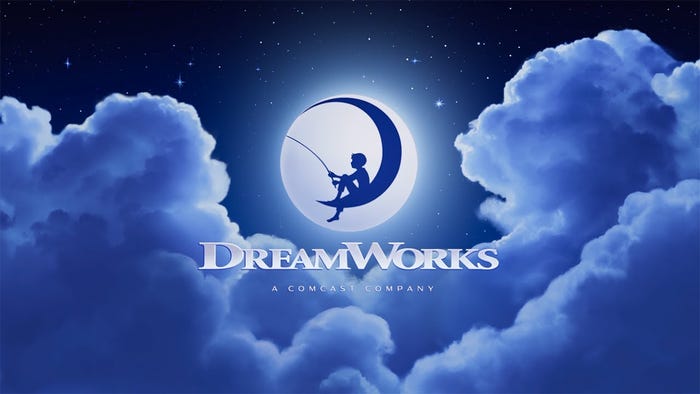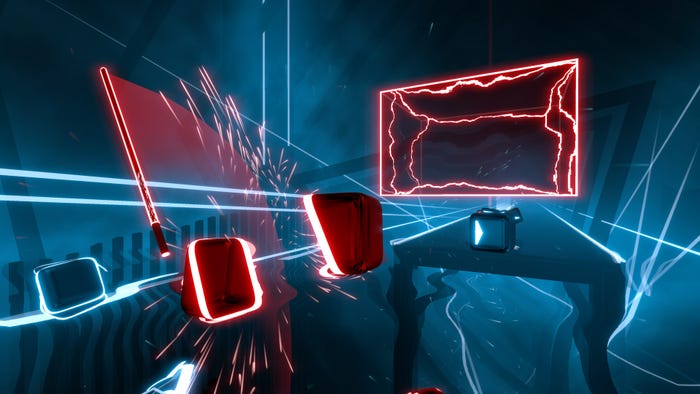
Featured Blog | This community-written post highlights the best of what the game industry has to offer. Read more like it on the Game Developer Blogs.
The Buffalo Game Space: Cultivating a game development community
A group of amateur developers in Buffalo NY have come together to create The Buffalo Game Space and participate in their first two game jams.

 Buffalo, New York is a city known for several things -- chicken wings, harsh winters, Super Bowl losses -- but game development is not one of them. Not yet, anyway, though that's something that may change with the advent of the Buffalo Game Space. This localized collective of indie programmers is starting to gel into something more substantial under a unified banner.
Buffalo, New York is a city known for several things -- chicken wings, harsh winters, Super Bowl losses -- but game development is not one of them. Not yet, anyway, though that's something that may change with the advent of the Buffalo Game Space. This localized collective of indie programmers is starting to gel into something more substantial under a unified banner.
The Buffalo Game Space started in 2012 as a Google group. Founders John Futscher and Chris Langford started holding meetings at Canisus College in December of that year. By day, Futscher is a member of golf sim developer Perfect Parallel, while Langford is a graphic designer and videographer at an unrelated company. They were able to set up a permanent location at The Sportzone in July 2013.

"When we got access to the space, it was just a warehouse with garbage and sheet metal lying around," said Futscher. "The idea was just kind of use what we have. As much as we can kind of get going on around it."
Bi-weekly meetings are the underlying basis that draws the group together at the now-furnished location. Here, members can get together, talk shop and show off projects. The first large event hosted in the space was a talk by Richard Wnuk, an industry veteran who held high level positions with Atari, Konami, Jaleco and more. The next event would be a bit more interactive. The Buffalo Game Space was going to host a game jam.
"We started talking about the jam almost immediately after we got access to this space," Langford recalled. "We've been talking about doing a jam for forever, really. I think it was just about a month or so ago... was it November? It was October. We were just like 'We're gonna do a jam'. So we just picked a date."
The date, as it would turn out, happened to coincide with Ludum Dare 28. The group quickly decided that they would tie their own game jam in thematically and submit their work.
"When we kicked it off we had the idea to do a theme for the whole jam," said Langford. "That was 'Buffalo', and we just started spitballing ideas. And we came up with a list of about 20, I wanna say, roughly, and just kind of nixed each one until we landed on like two that were sort of an amalgamation of everything we had left over."
Over the course of the weekend, a group of around 15 people contributed to the construction of two projects. Boust is a Buffalo-themed Joust clone where you charge at your opponents in order to defeat them. The other is an isometric multiplayer battle game called BuffaMetric, where four players try to kill each other with a hockey puck while mounted on buffalo. The games didn't place in the competition or receive critical attention, but that wasn't what the jam was about.

"Honestly I couldn't care less where we placed. We learned a ton and had a great time making them," Futscher proudly said. "We were all able to get together last night and play two games we made in two days projected 20 feet high. That was pretty cool."
Hot off the heels of their first organized jam, the group participated in another. They submitted two entries to this year's Global Game Jam, one of which was a physical board game. Building Dungeoneering is a change for the team that developed it, but in some ways it was a liberating experience.
"Since you're not dealing with coding and debugging, it's purely thinking up mechanics and playtesting them," said Langford. "So you can dive into it much faster than you could making a video game. Being able to just sketch some stuff out on some paper and some index cards and immediately be able to play it was a fantastic experience, because you can immediately see what's works and what doesn't. Then you just think about it some more, try something different, wash, rinse, repeat. I honestly could easily see myself working on a few more tabletop games after this one."
Their digital submission is titled House. It follows the theme of "We don't see things as they are, we see them as we are" quite literally. The player has to search a house for chicken wings as a dog, a perfect pile of feces as a fly, and cans of beer as a drunk. The game makes use of each playable character's distinct attributes. The dog is short but can smell the wings, the fly can stick to walls but flies erratically and the drunk has blurred vision (and was even designed to be played with the Oculus Rift).
In just their second jam, the team feels like they're improving. "Even for the guys who are already pros, I can see that each time we do something like this we all end up so much stronger for it,: Futscher said. "If any one of us was rich enough to pay the rest, I'd say that'd be a damn fine team to form a studio with. As it stands, it's a good thing everyone at the Buffalo Game Space loves this stuff, so we can make such cool things together for free."
The idea is to eventually set The Buffalo Game Space up as a non-profit organization and expand both the amount and what sort of events the Game Space holds, like more regular game jams, or workshops and sessions to help other local amateur developers learn or hone their skills. That said, there's no ultimate goal in place for the group. "The plan that we have is kind of just 'do more stuff'. Just keep adding to it," said Langford. "There's no real specifics."
More information on the Buffalo Game Space in general can be found at the official website.
[Photos taken by Cory Kuraz, originally posted on IndieGames.com]
Read more about:
Featured BlogsAbout the Author(s)
You May Also Like













